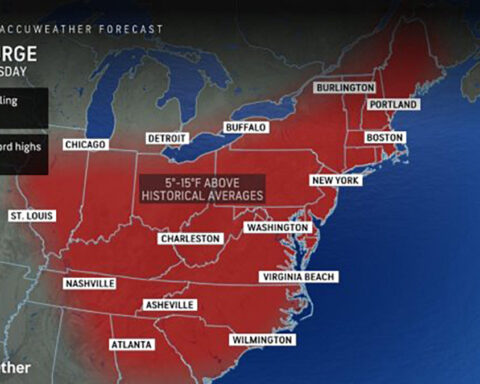by Eric Tegethoff, Northern Rockies News Service
A U.S. Supreme Court case that began in Idaho has weakened protections across the nation under the Clean Water Act.
The justices on Thursday handed down a 5-4 decision that will undo federal safeguards for wetlands. The case stems from a couple’s attempt to build a house in Priest Lake, Idaho. The Environmental Protection Agency informed the couple that backfilling on the property violated the Clean Water Act because it was affecting sensitive wetland habitat. The couple sued the agency.
Alex Funk, director of water resources and senior counsel for the Theodore Roosevelt Conservation Partnership, said the decision is a blow in many respects, including to people who enjoy the outdoors.
“For the hunting, fishing and sporting, and even kind of the broader outdoor rec community,” he said, “these wetlands provide so many public values that are now at significant risk from development and other impacts.”
In its decision, the majority wrote that Clean Water Act protections extend only to wetlands “indistinguishable” from larger bodies of water. It could affect up to 90 million acres of wetlands across the country.
Funk said wetlands are vital ecosystems providing benefits that tend to go unrecognized.
“If anything,” he said, “this is going to put major setbacks on things like our ability to adapt to climate change, respond to extreme weather events, drought.”
He noted that these habitats are essential for clean water, flood mitigation and storing carbon. Wetlands cover 386,000 acres in Idaho, according to the U.S. Geological Survey.

















